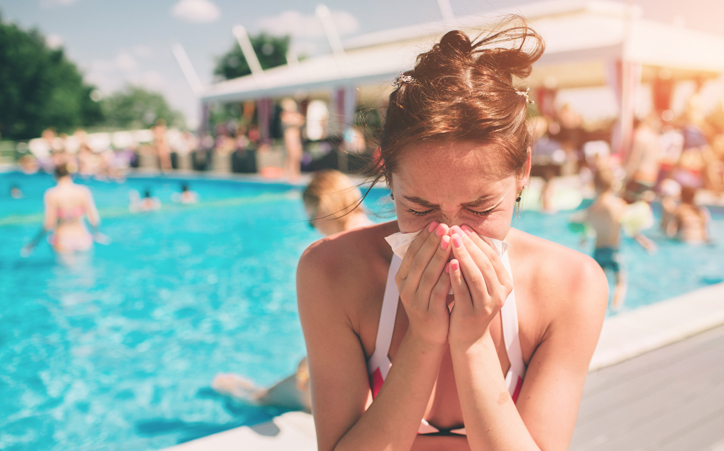Summertime Allergies: How to Treat Them
Seasonal allergies are not uncommon. If you experience coughing or sneezing at certain times of the year, then yes, you have a seasonal allergy.
Summertime Allergens
During summer, pollen and mold are the most common culprits.
Pollen is one of the most common allergens in the United States. Pollen powder from trees, flowers, or grass can trigger allergy symptoms.
Unlike pollen, mold is a year-round allergen. People who are allergic to mold may find their symptoms worsen when the weather is damp. This can also happen during fall when the leaves decay.
Symptoms of summertime allergies
The symptoms could vary from one person to another. It usually involves any of the following:
• A runny nose (you may have clear, thin discharge)
• Nasal congestion
• Itchy eyes, nose, ears, and throat
• Sneezing
• Red and watery eyes
• Swelling around the eyes
• Testing for allergies
If you’d like to know the allergens that trigger your symptoms, you can ask for a skin test.
There are two types of skin tests – the skin prick test and the intradermal test.
Skin tests to determine your allergens
During a skin prick test, a nurse or doctor will make small marks on your skin. He/she will then place the allergens on these marks. Using a lancet, the allergen extracts are pushed into your skin.
A skin prick test can test for up to 40 different allergens, including pollen and ragweed.
With an intradermal skin test, the diluted allergen is injected into your skin. The nurse/doctor will be using a very thin needle for this test.
An intradermal skin test may be recommended if you have a negative skin prick test, but your specialist still suspects allergies.
Treating summertime allergies
The most important thing you can do is to avoid your triggers. Weather reports usually include information during allergy seasons.
During the summer months, tree and grass pollen are highest during the evening. In the late summer, ragweed pollen is highest in the morning. Make sure to keep your windows and doors shut during these times. It also helps to wear NIOSH-rated 95 filter mask during these hours if you’re working outside.
Seeing a specialist
If your symptoms are bothering you, a specialist may help. He/she may recommend some medications and therapies to control your symptoms. This may include nose drops and immunotherapy. Our doctors at Greater Knoxville ENT will work with you to find the most suitable treatment.
We will assess the severity of your allergies, your symptoms, and your overall health.
For appointment requests, you may call us at (865) 244-4396.

